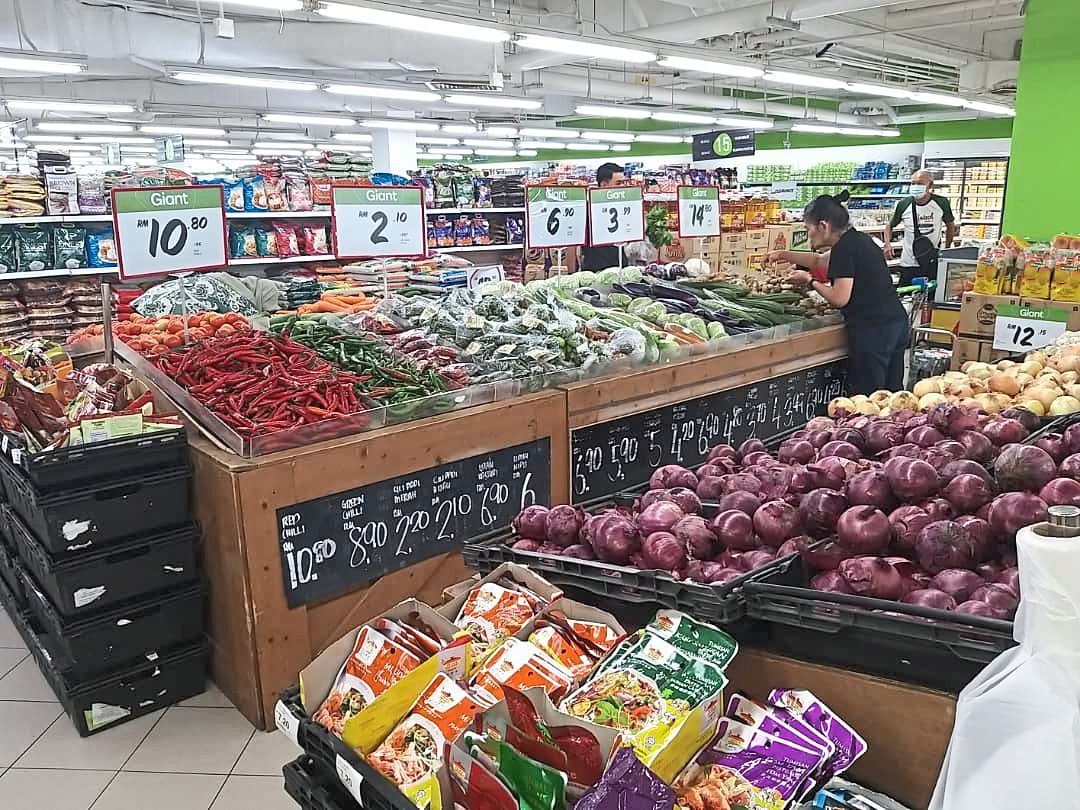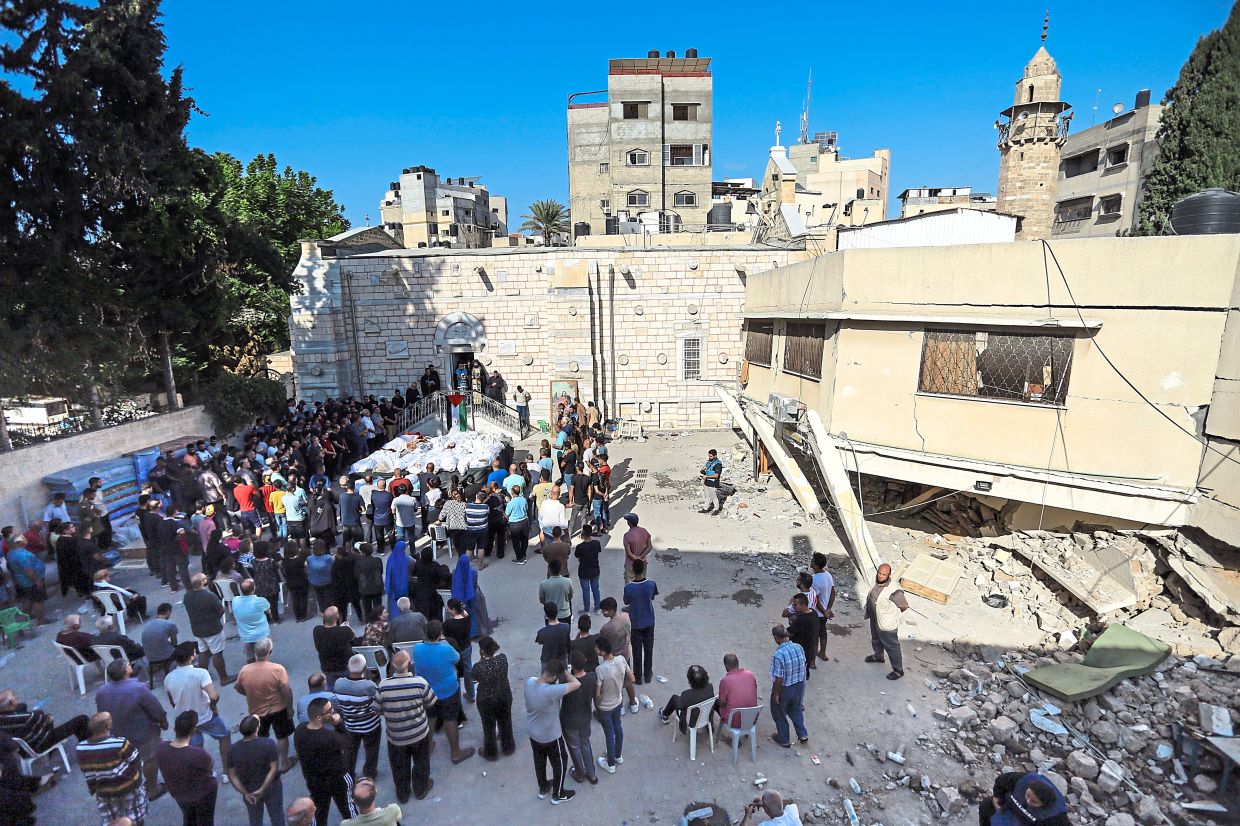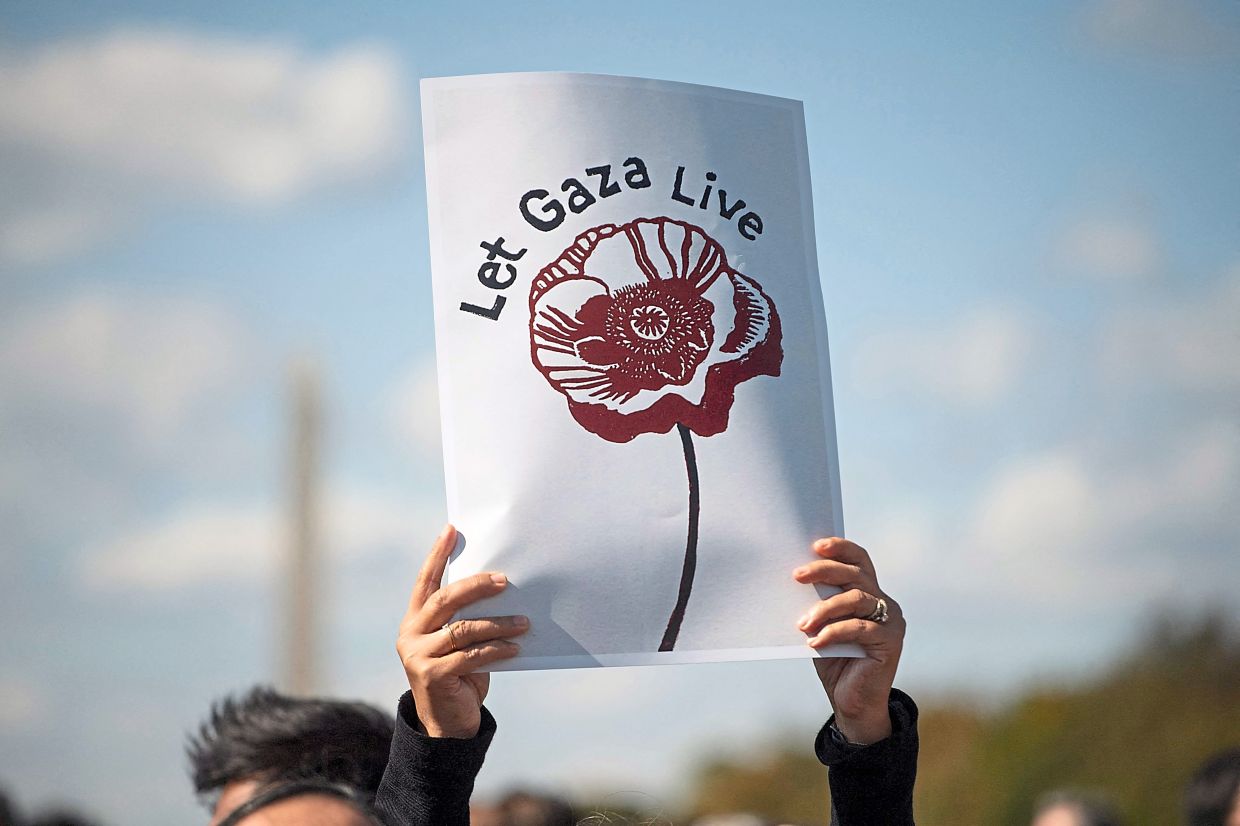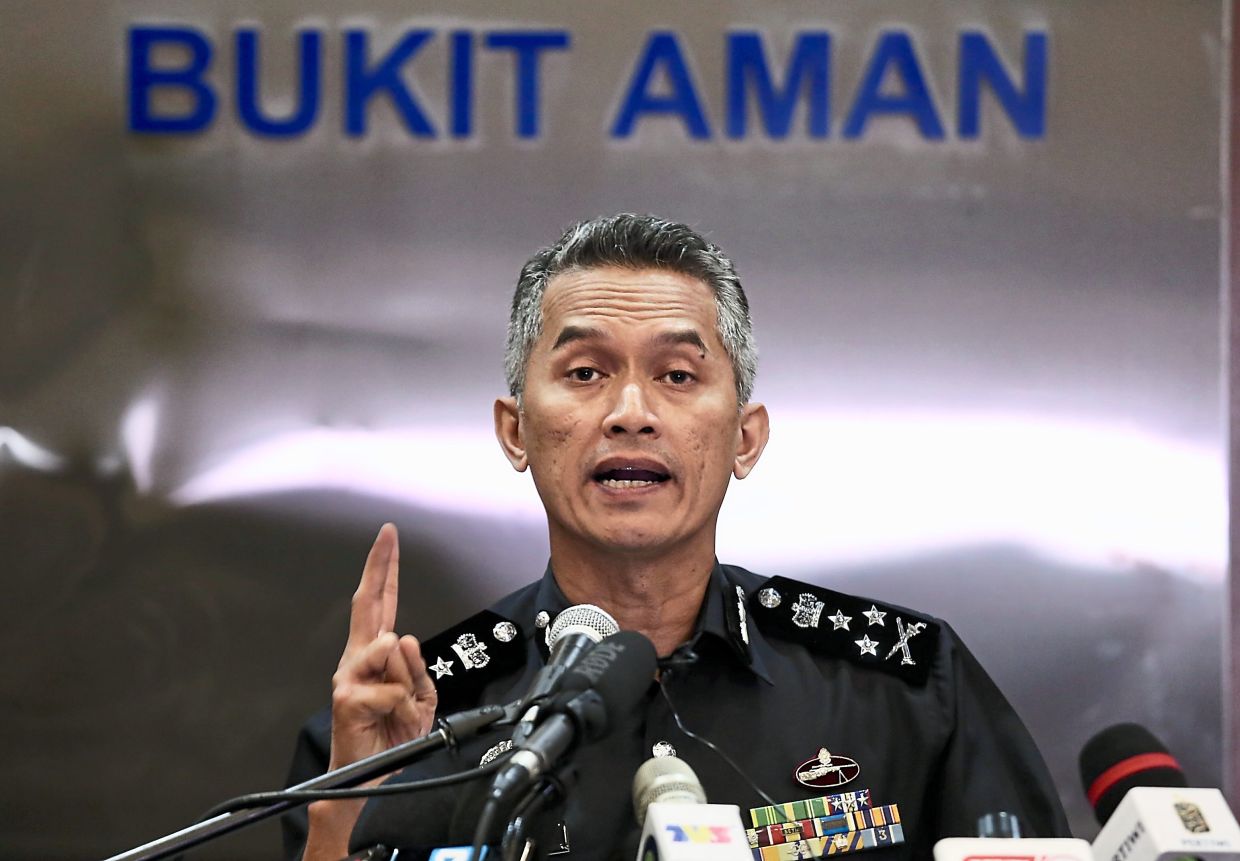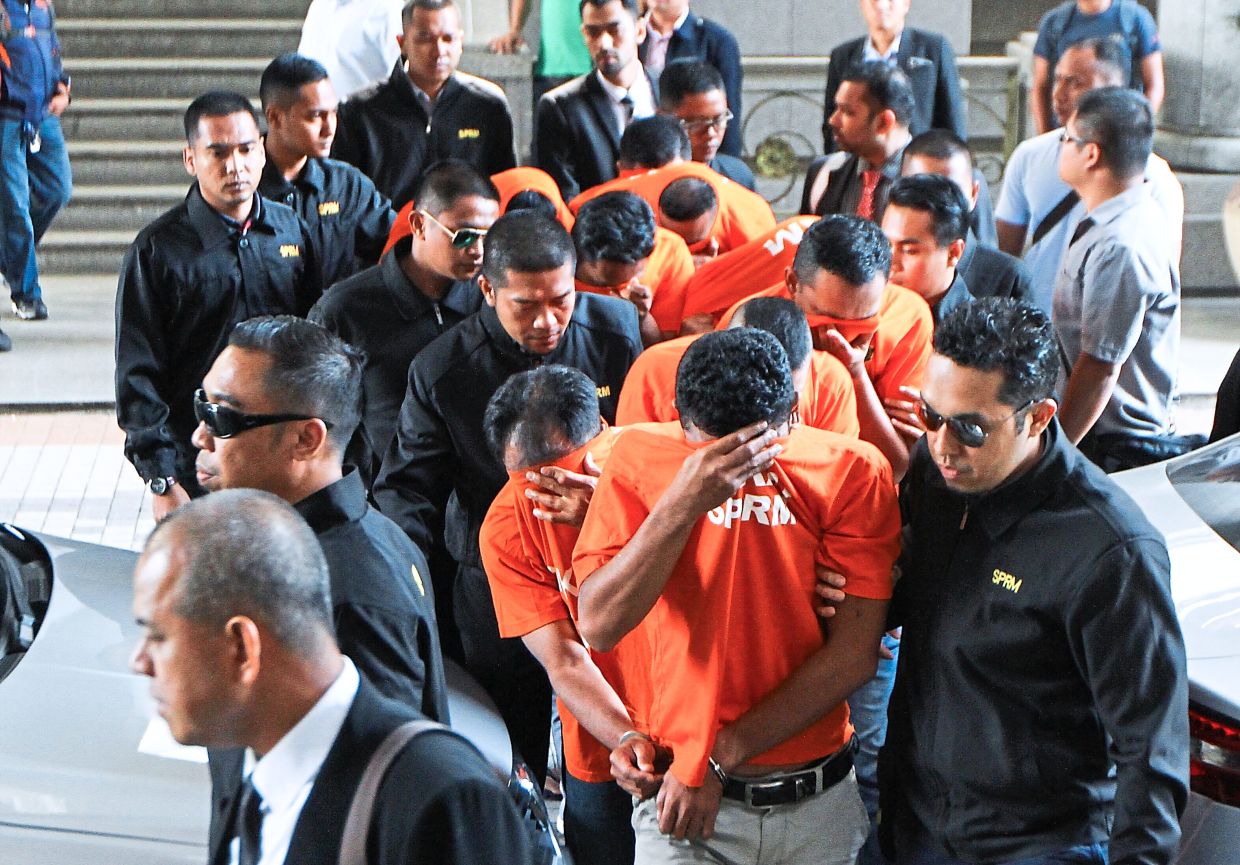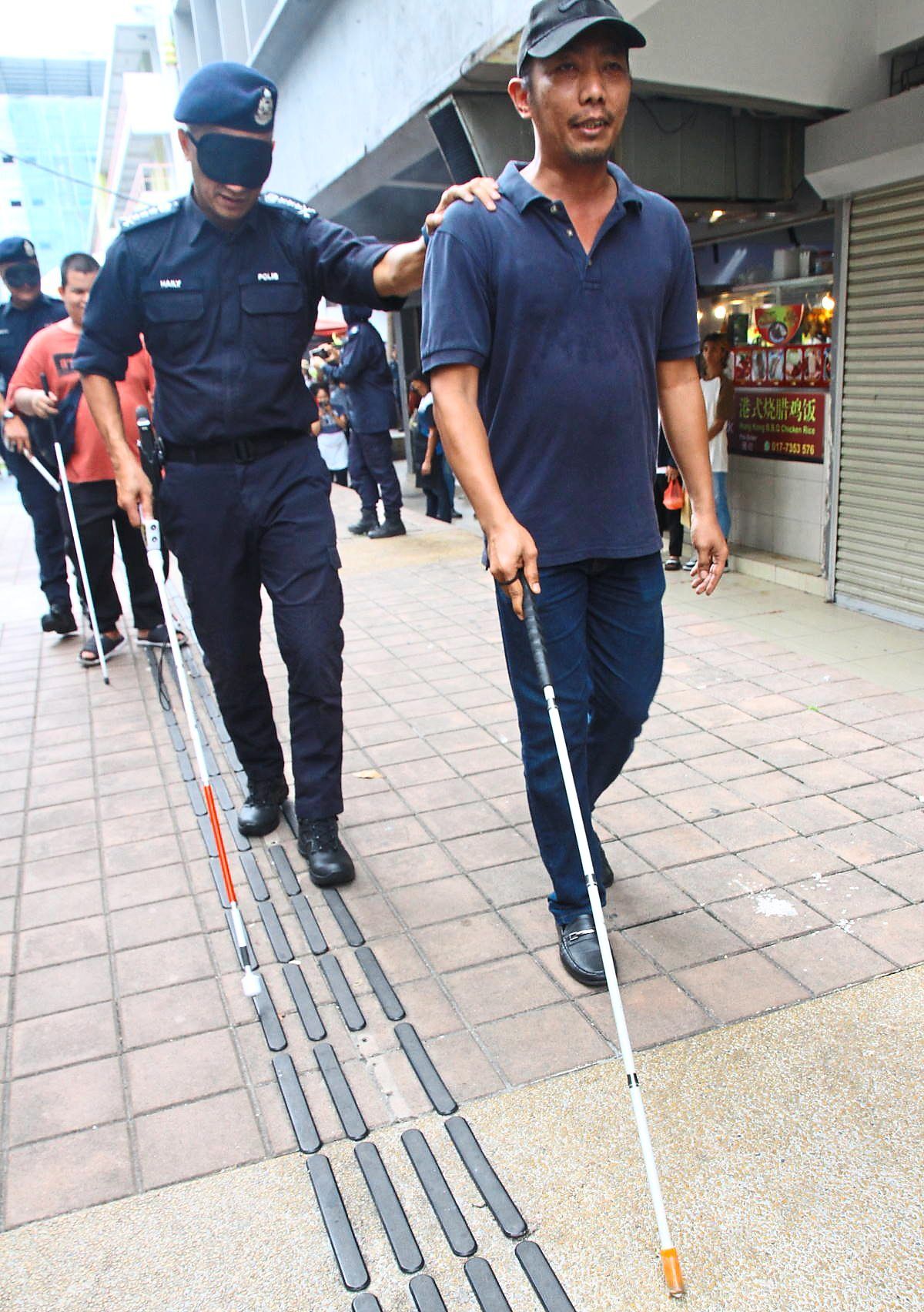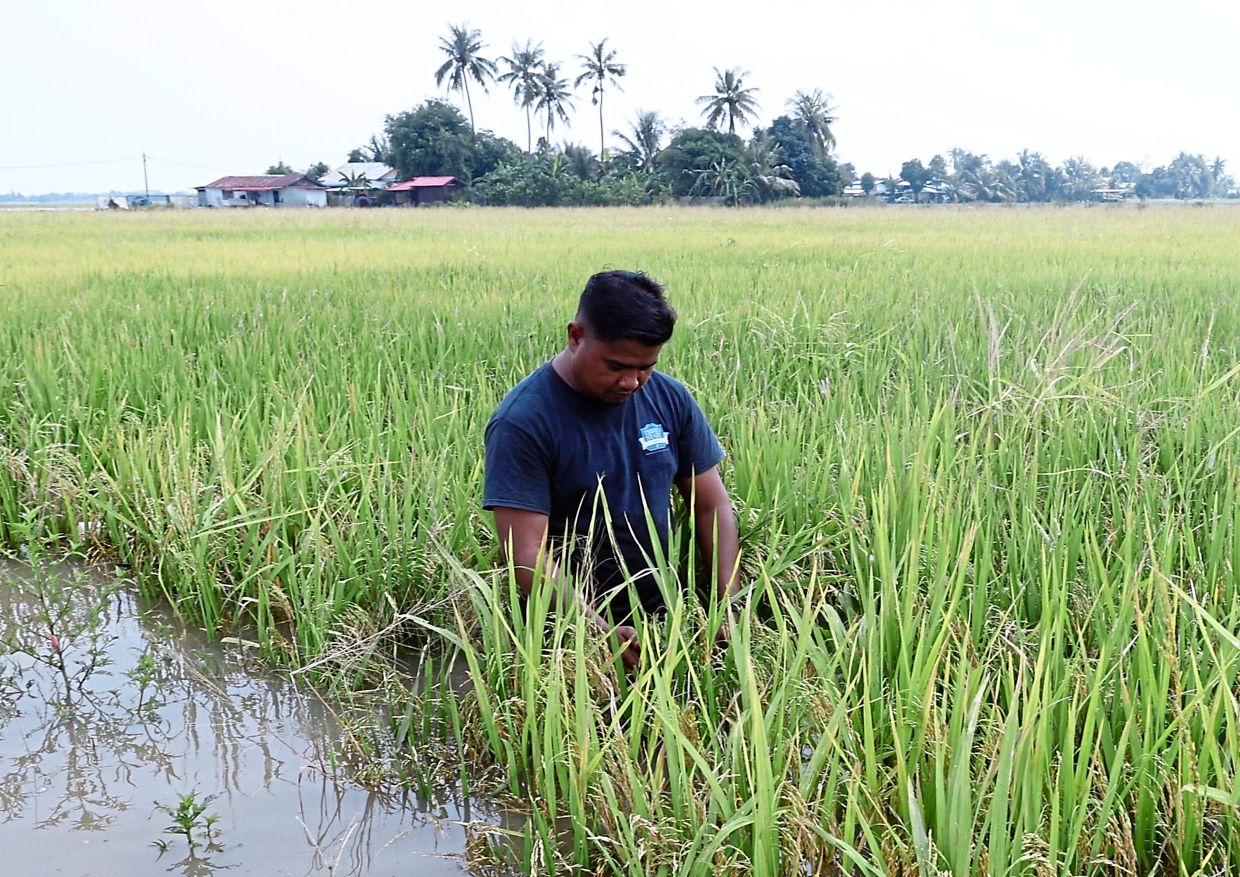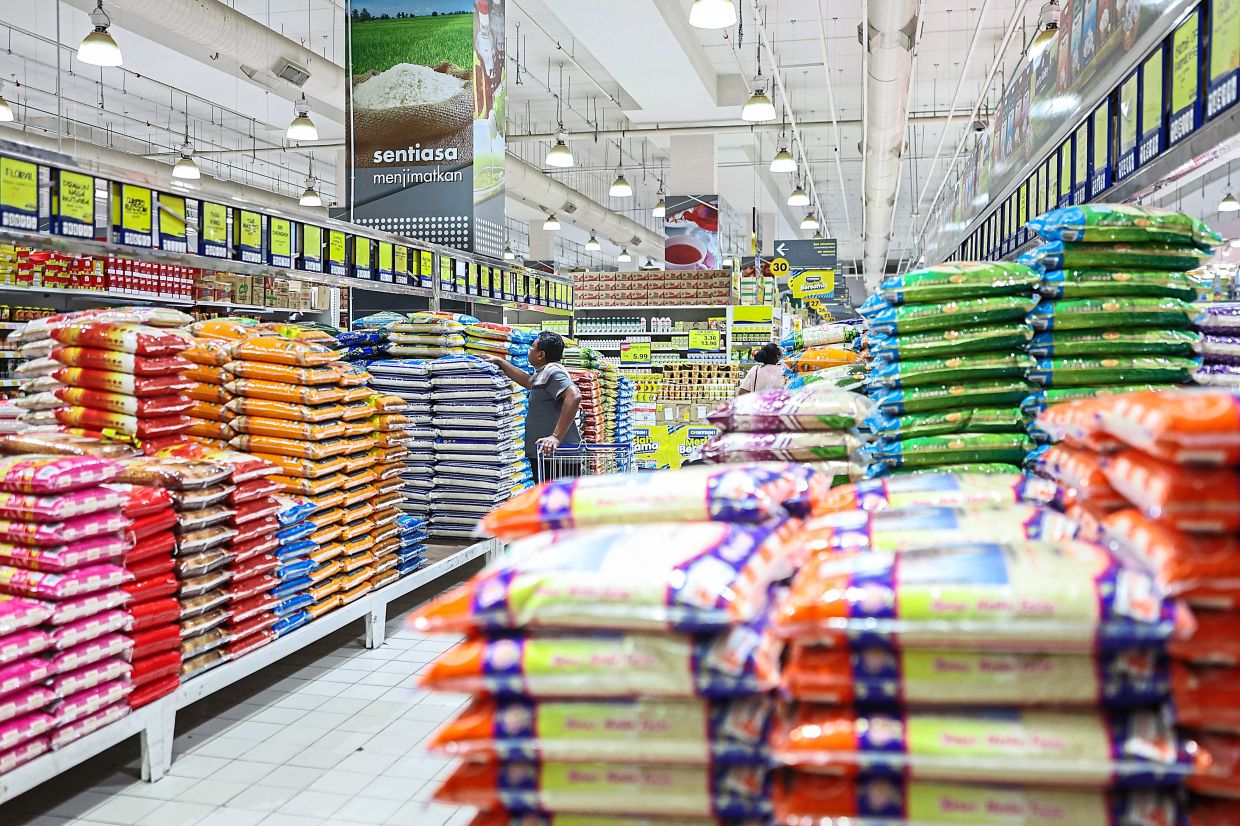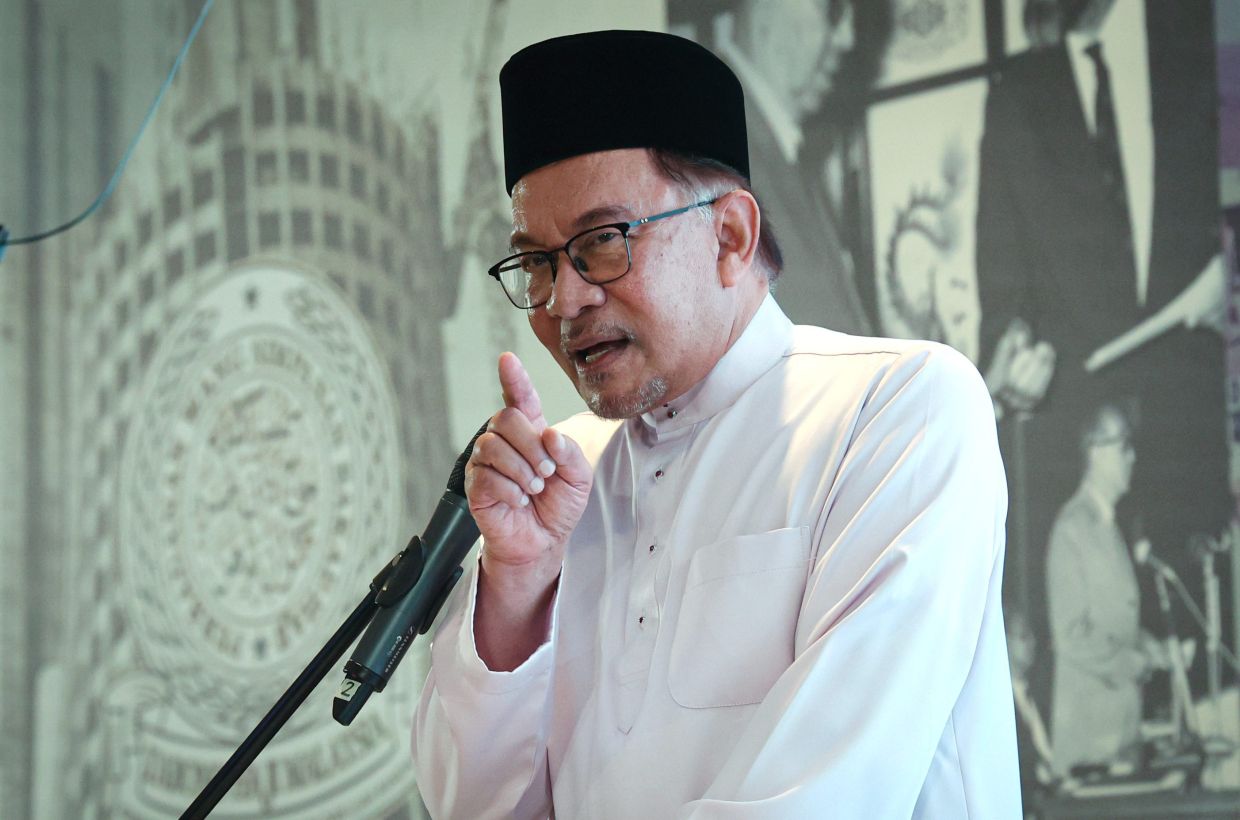KEPALA Batas’ MP could have spared herself and us a lot of grief by simply apologising for her blunder and moving on.
Instead, Dr Siti Mastura Muhammad faces an impending suit for claiming that DAP leader Lim Guan Eng is related to Communist Party of Malaya leader Chin Peng and late Singapore Prime Minister Lee Kuan Yew.
She remains resolutely defiant and is reportedly standing by her bizarre claim. Police have also begun an investigation on her.
It has also been reported that she has handed over “reference material” on her claim of a family conspiracy in DAP with her lawyer saying it’s up to the police to determine whether the material is authentic.
It really sounds like a shabby defence. Whether it’s a book, article, dossier or even a work by an academic or a political party if the material is faked or flawed, it doesn’t absolve a person for having used it against someone. Ultimately, that would simply make it fake news. The debutant PAS lawmaker should know better for someone with an impressive academic qualification, including possessing a doctorate.
She should have seen the red flags. No, not of the communist kind, but warning signs that these things can’t amount to the truth.
It’s simply too far-fetched. Why weren’t any of these “sepupu” links in any of our textbooks? I’m sure she didn’t fall asleep in history class, unlike many of us. She must have been a bright spark in school.
But it now appears otherwise. Malaysians would like to see her source of information to back her claims, if it’s even credible at all.
At the recent PAS convention, she said Chin Peng, real name Ong Boon Hua, was cousin, or sepupu, to Guan Eng’s father, Kit Siang.
She also erroneously referred to Kuan Yew’s surname as Lim instead of Lee in her haste to link Kit Siang to Kuan Yew.
This is even worse because she failed to get the surname of the first Singapore Prime Minister right.
She even insisted that Kuan Yew still lived in Singapore. Well, Elvis Presley must still be alive and living in Las Vegas if we go by her logic!
Siti appears to have a knack for conspiracy theories.
If this didn’t already tickle our funny bone, she insisted that Guan Eng’s wife, Betty, is related to other DAP leaders including Anthony Loke, Teresa Kok and Nga Kor Ming.
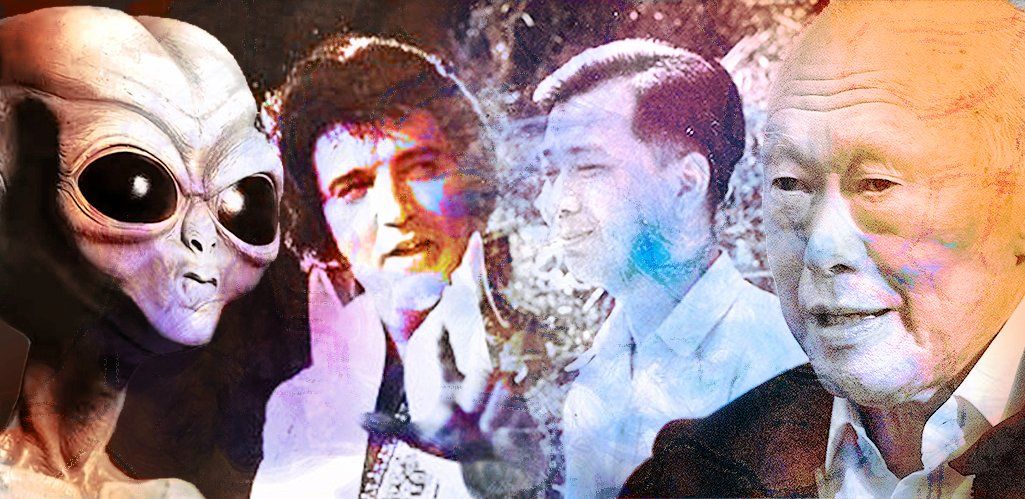
Conspiracy theories: They definitely don’t have a place in our Parliament.
Siti has instead tried to deflect attention on her by demanding updates from the police on the 3R (race, religion and royalty) investigation on Guan Eng, who is DAP’s chairman. Guan Eng has claimed that a news report on his speech in Mandarin was distorted.
Lim clarified that he had spoken about a 70-year-old Hindu temple which had been demolished by the Kedah government in 2020, and not what had been reported by the news portal.
This is a problem plaguing many politicians – lacking humility to admit fault. They always think they are infallible.
Whether it’s an ego problem or just plain stubbornness, many politicians think conceding to a mistake impacts their credibility. If only they realise that most of them don’t score well on trust ratings.
Amazingly, they also believe apologising can make them vulnerable, or compromise their power and status, which would make them look inadequate or incompetent in the eyes of their party members.
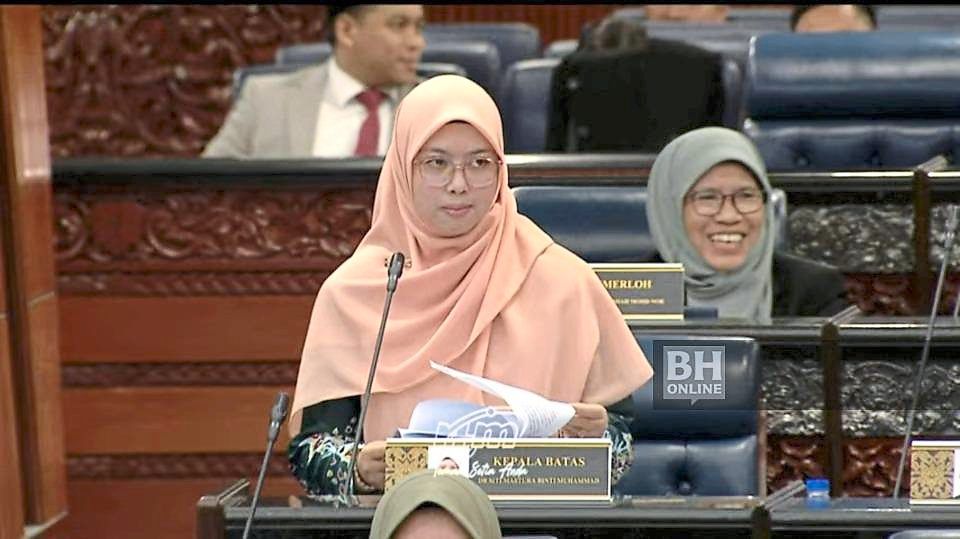
Dr Siti Mastura remains resolutely defiant and is reportedly standing by her bizarre claim. — Screencapture/RTM
It wouldn’t be surprising if her own party thinks that by saying sorry, it would make them appear meek, and a fight, even if it means a suit, would make PAS look better.
After all, defamation cases drag on for years, and by that time, no one will remember them anymore. A quick apology would, presumably, make Siti look weak.
Eventually, everyone gets tired and will likely settle for an amicable agreement by tendering an apology. By then, the entire nation would have lost interest and may not even recall the incident.
With the media though, we have become accustomed to being blamed for misquoting and getting our information wrong. Politicians often accuse us of reporting out of context or supposedly bad reporting.
Of course, there are sloppy as well as rogue reporters. Likewise, there are honest and forgiving politicians, too.
YB, the police have more important things to do than worry about your half-baked claims of Lims being related to Chin Peng, and the court’s time is certainly better served elsewhere than listening to you.
The Parliament has suffered enough ridicule with this latest episode. Spare Malaysians from further embarrassment, please.
I don’t know about “sepupu” or other familial ties, but this has made the MP for Kepala Batas the mother of all outrageous historical claimants.


